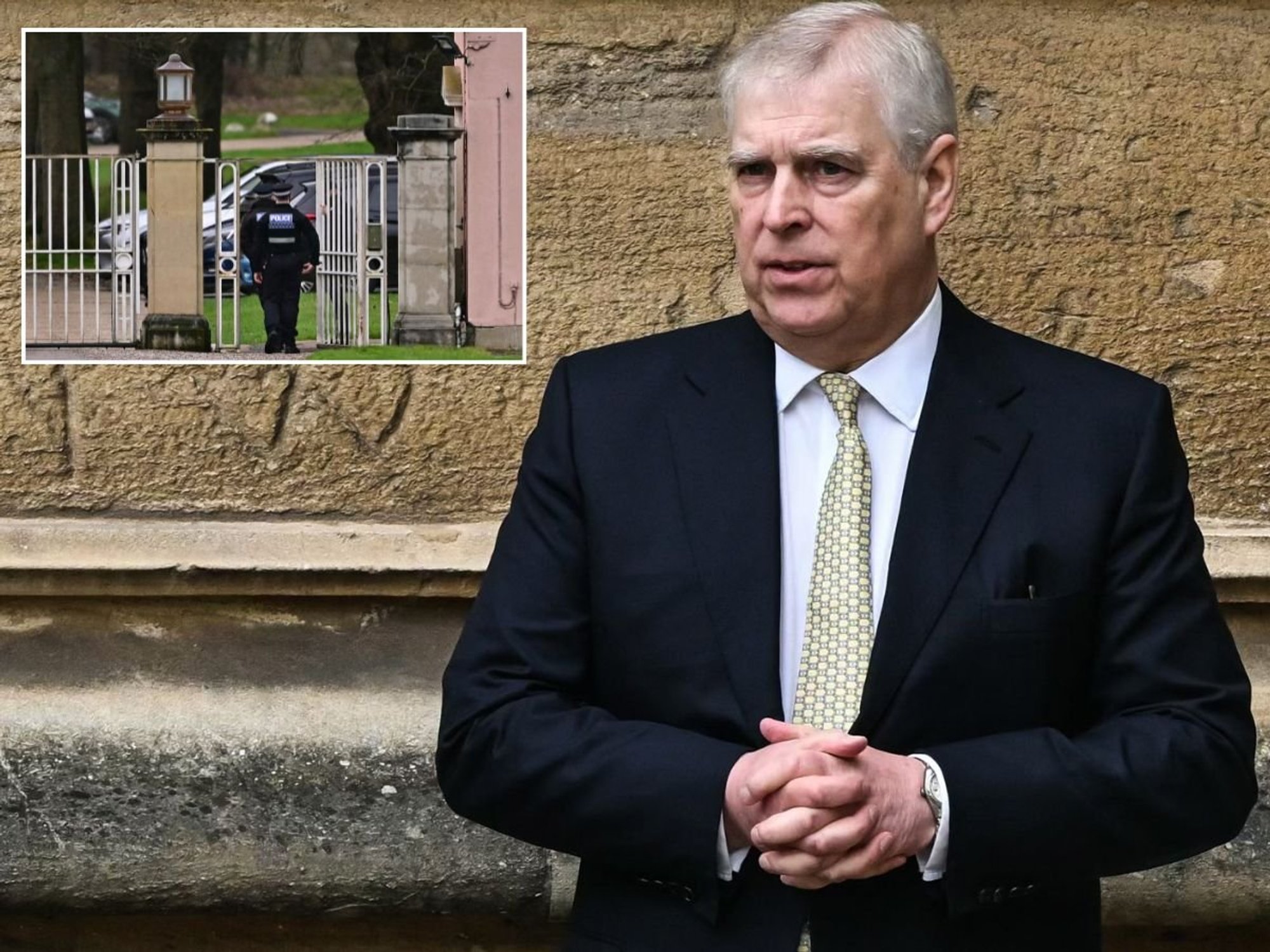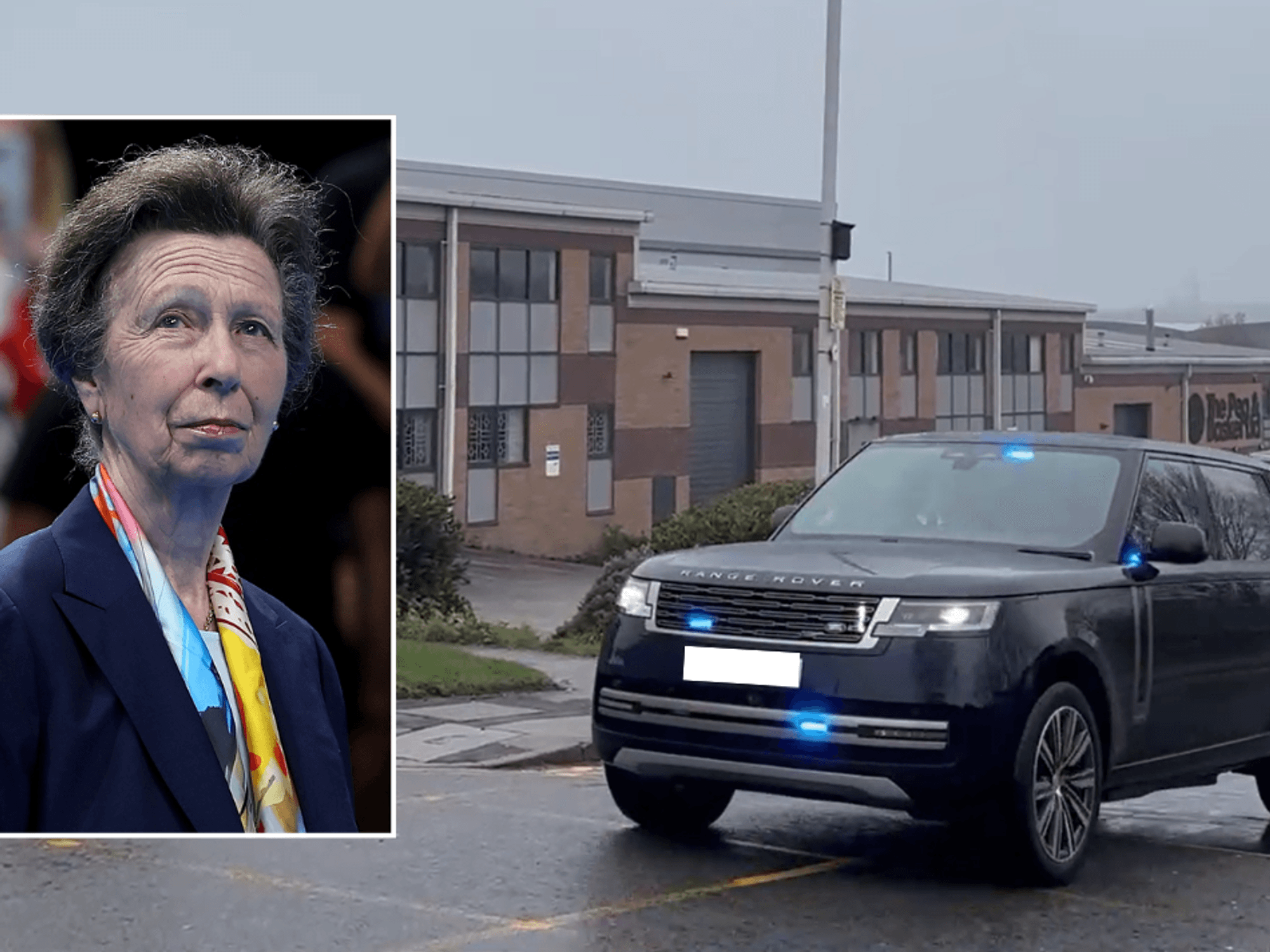Jeremy Hunt cuts National Insurance rate in boost for 27 million workers - reduction from January

Jeremy Hunt will reportedly reduce National Insurance in the Autumn Statement 2023
|PA

The Chancellor Jeremy Hunt has announced a cut to the National Insurance rate in his Autumn Statement today
Don't Miss
Most Read
Jeremy Hunt has announced a cut to the Class 1 National Insurance rate in a boost for 27 million workers in today’s Autumn Statement.
The Chancellor will reduce the headline rate of National Insurance for employees from 12 per cent to 10 per cent.
Mr Hunt said he would introduce emergency legislation to bring in the National Insurance cut from January 6, 2024, rather than in April.
The Treasury said it would reduce the current 32 per cent combined tax rate for employees (income tax and National Insurance) paying the basic rate of tax to 30 per cent.
WATCH NOW: Jeremy Hunt announces National Insurance rate will be cut
According to the Treasury, a senior nurse with five years of experience on £42,618 will receive an annual gain of £600, and an average teacher on £44,300 will see an annual gain of more than £630.
A one per cent cut would cost around £5billion, which would be worth roughly £380 a year to someone earning more than £50,000, previous analysis has found.
Christine Cairns, tax partner at PwC, said: “The cut to employee NIC functions as a significant and welcome two per cent cut to income tax within the band affected. Its introduction three quarters of the way through the tax year is an unusual step that will be welcomed by those who benefit although it could cause an administrative headache for payroll operators.
“Notwithstanding the cuts, significantly there were no increases to any tax thresholds, meaning the effects of fiscal drag will continue to bite, offsetting in part the savings achieved."
The Chancellor also announced National Insurance changes for self-employed workers, abolishing Class 2 National Insurance contributions and cutting the Class 4 rate.
People need to pay National Insurance if they're aged 16 or older and are either an employee earning more than £242 per week from one job or self-employed and making a profit of more than £12,570 a year.
How much a person pays in National Insurance depends on employment status and how much they earn.
People who are employed and earn more than £242 will pay Class 1 National Insurance contributions.
The rates for most people for the tax year 2023 to 2024 are 12 per cent on income between £242 to £967 a week (£1,048 to £4,189 a month).
A rate of two per cent applies on pay over £967 a week (£4,189 a month).
Some people may pay less, and the rules are different for self-employed earners.
The Chancellor yesterday announced a record pay rise of the lowest-paid workers, announcing an almost 10 per cent increase to the National Living Wage.
Mr Hunt has also extended the eligibility rules for National Living Wage, reducing the age threshold from 23 to 21.
From April 2024, employers will need to pay all workers who are over the age of 21 £11.44 per hour.
The National Living Wage is currently £10.42 an hour, with the hourly National Minimum Wage for 21 and 22-year-olds standing at £10.18.
LATEST DEVELOPMENTS:

Jeremy Hunt delivered the Autumn Statement in the House of Commons today
|PA
The Chancellor said the increase was worth £1,800 a year for full-time workers.
Mr Hunt is expected to declare the economy is "back on track" in today's statement.
Consumer Price Index (CPI) inflation dropped to 4.6 per cent in October, which Prime Minister Rishi Sunak said meant he had met his target of halving inflation to below 5.4 per cent by the end of the year.
However, it's still far from the Bank of England's two per cent target, and economists pointed out that the lower energy price cap helped drive the sharp drop last month.
Shadow Chancellor Rachel Reeves said: “After 13 years of economic failure under the Conservatives, working people are worse off.
“Prices are still rising in the shops, energy bills are up and mortgage payments are higher after the Conservatives crashed the economy.
“The 25 Tory tax rises since 2019 are the clearest sign of economic failure, with households paying £4,000 more in tax each year than they did in 2010.
“The Conservatives have become the party of high tax because they are the party of low growth. Nothing the Chancellor says or does in his Autumn Statement can change their appalling record.”










